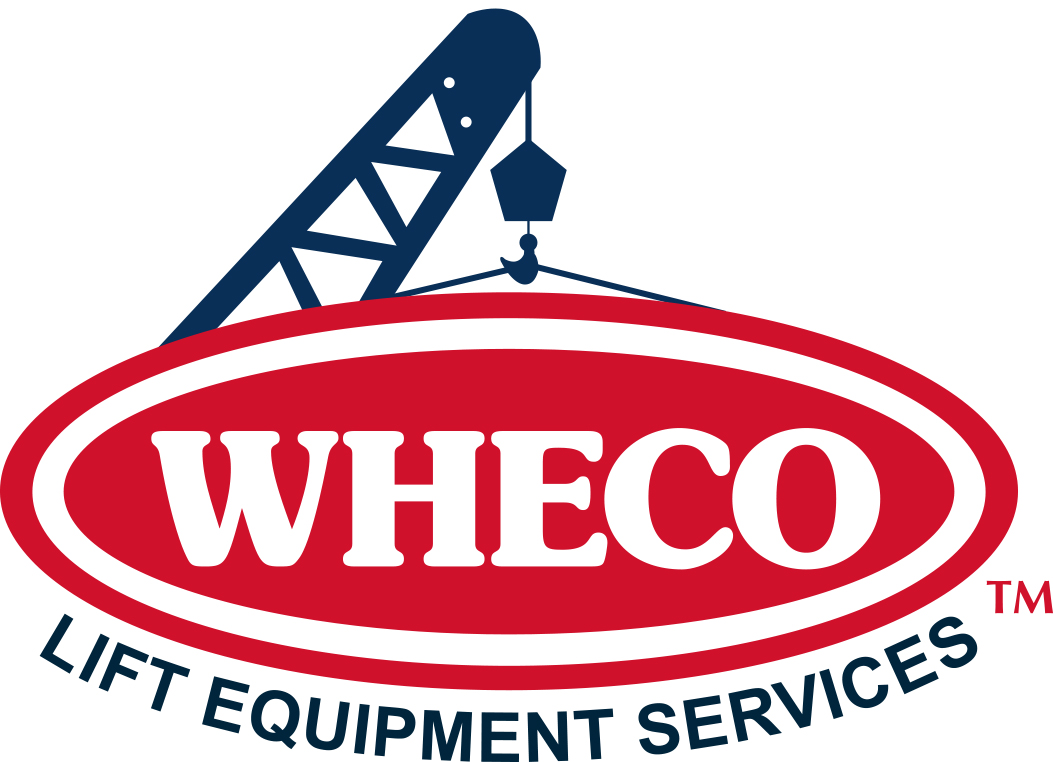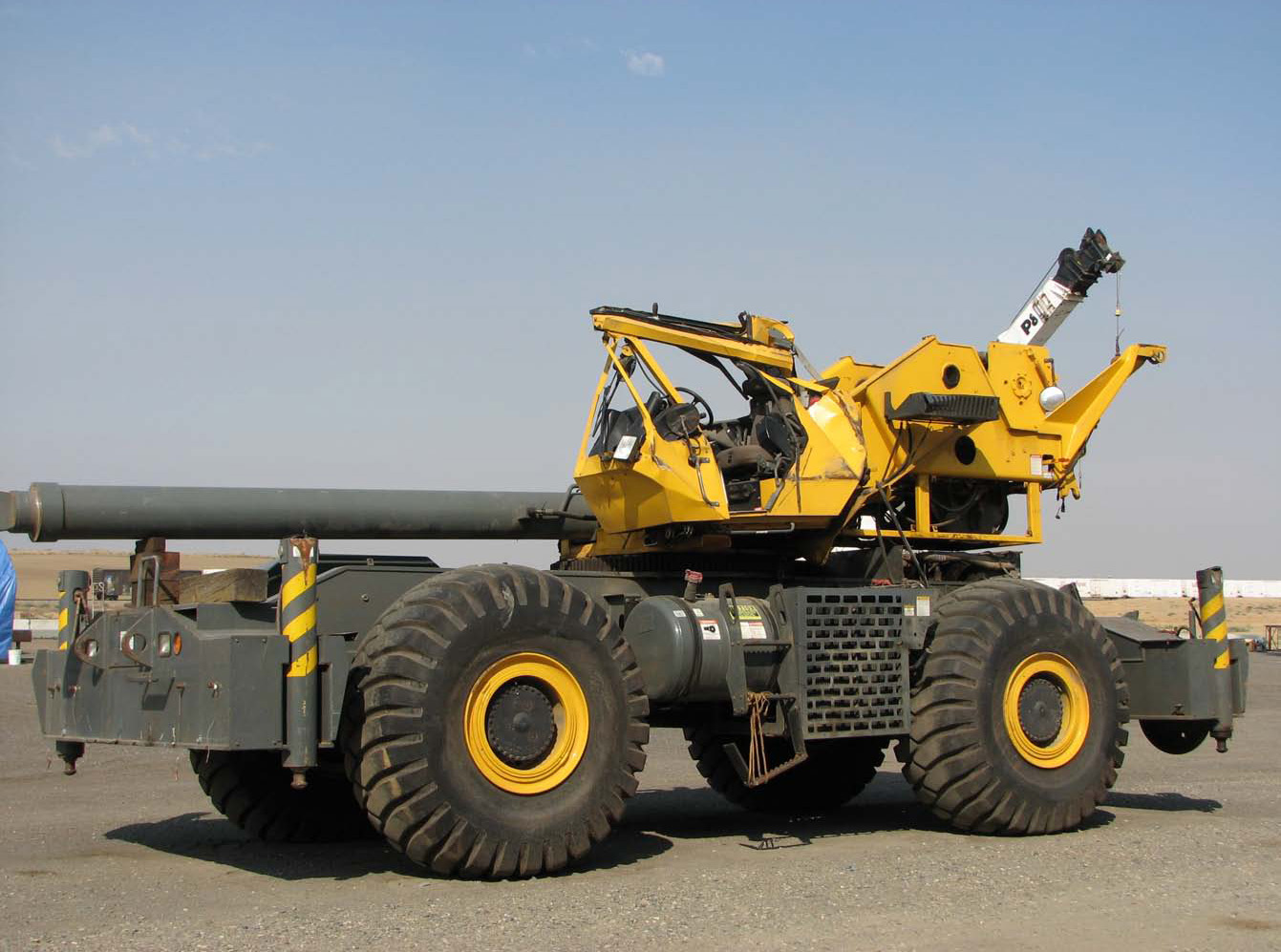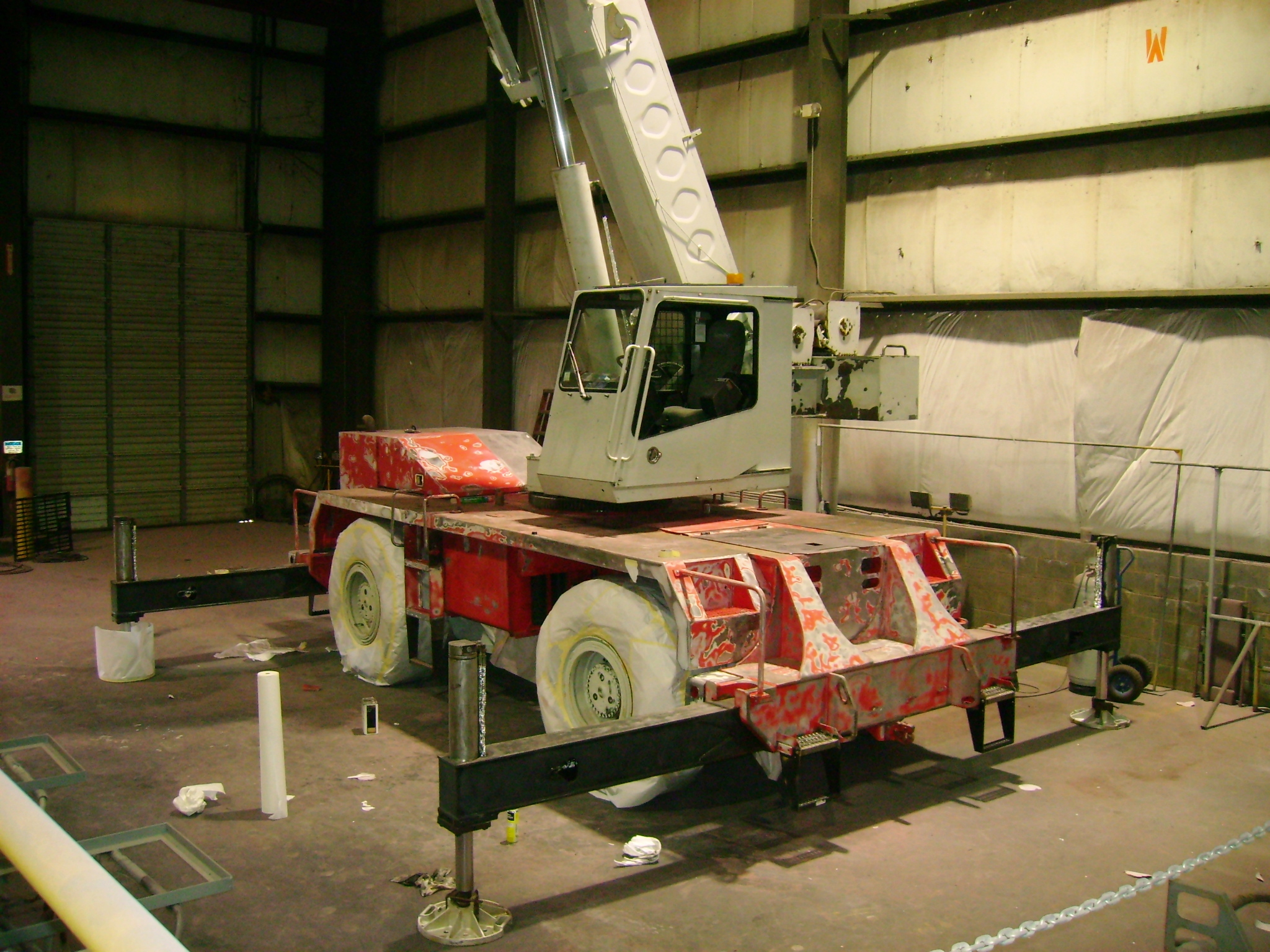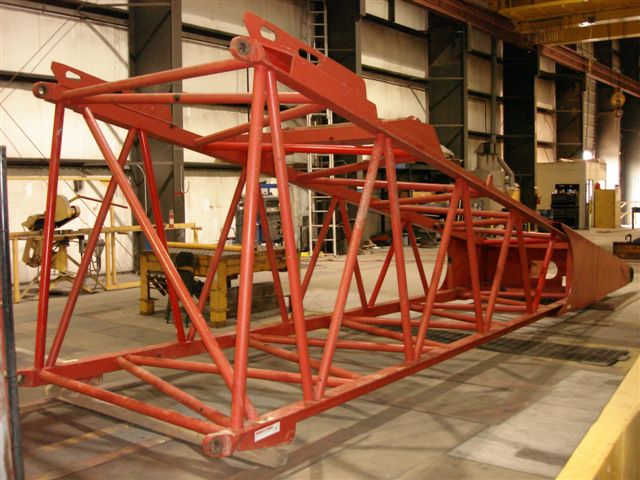This post is written by Tim Hillegonds, a former insurance expert for NBIS and contributor to American Crane & Transport magazine.
There’s an old Mark Twain quote that talks about the difference between the right word and the almost right word being similar to the difference between the lighting and lighting bug. If we were to take Twain’s concept and apply it to the crane industry, we could say that the difference between a crane appraiser and a qualified crane appraiser is just as stark a contrast.
So, with that in mind, we’d like to present you with the top five reasons that you should hire a qualified crane appraiser.

1. Equipment Knowledge
Most people would agree that taking a woodshop class in high school doesn’t qualify you to frame a house. The same is true when it comes to cranes. There’s a big difference between “heavy equipment” as a general category and knowing the value and ins and outs of a 300-ton crawler crane or a 500-ton all-terrain crane. A general insurance adjuster might be able to run a Google search and tell you the approximate value of a crane, but chances are he can’t tell you how to value specific attachments such as the luffing jib or heavy lift attachments. And he certainly won’t be able to tell you how it works. Hiring a qualified crane appraiser will ensure that the person appraising the equipment and evaluating crane damage is doing so from a position of knowledge, experience, and authority.
2. Industry Contacts
Although it’s not really a well-known fact, people are actually hard wired to give referrals. We relish the intrinsic value derived from exposing someone to a positive experience that we had. Hiring a qualified crane appraiser means that you’re hiring someone with the right network of people to help you. Whether it is sourcing parts and components, introducing you to someone to talk with at the manufacturer, locating a good “cause and origin” guy, or directing you to a qualified and trusted repair service provider, hiring a qualified crane appraiser is the perfect place to start.
3. Loss Mitigation
The number one goal in a claim from everyone’s standpoint is to limit the total amount of the loss. A qualified crane appraiser is going to be able to help mitigate the loss by reducing the total hours the crane is down, finding the most competent repair facility, and bringing in any additional experts that might lend their expertise to the overall claims process.
4. Knowledge of Crane Cost & Value
In the same way that a qualified crane appraiser is going to have a plethora of industry contacts to consult with in the event that unforeseen issues arise, he is also going to bring extensive knowledge of your specific crane’s cost and value. Because he’s proficient in the mechanics of both the crane and crane industry, he will be able to collect and give consideration to a multitude of factors and resources to ensure that your crane is appraised at the correct and appropriate value. And, a site visit to do a physical inspection can be an inexpensive way to assure that you know what you are insuring and eliminate future surprises.
5. Root Cause Analysis—Subrogation?
Because qualified crane appraisers have such a breadth of knowledge regarding the specific components of a crane and crane accident, they are typically the best resource for identifying potential avenues of subrogation. A qualified appraiser should also be able to offer an option on the cause and origin of the accident to help determine responsibility. They will also be able to help you to understand the OSHA regulations and, as importantly, the ANSI B30.5 standards that are helpful when assigning responsibilities. Again, having the right person evaluating a crane accident is paramount to ensuring that you are properly informed and represented.
This post is written by Tim Hillegonds, a former insurance expert for NBIS, and contributor to American Crane & Transport magazine.





